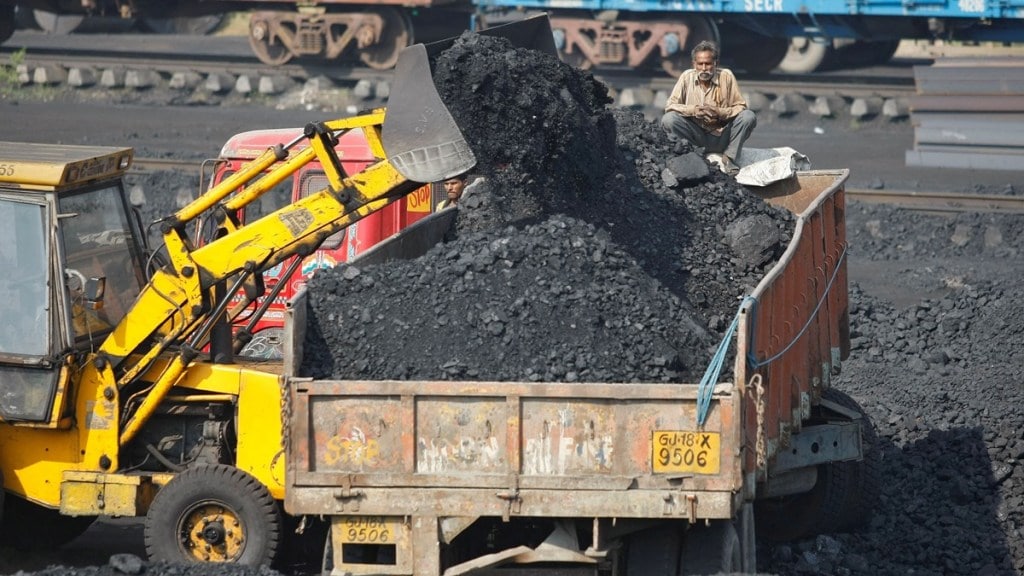Even after the country adds 80 GW of thermal capacity by 2030, the share of coal-based power in installed capacity will come down to 23% by then from 68% in 2014, the Union Power Minister, R K Singh said on Thursday, while talking about the final deal adopted at the recently concluded COP28 summit.
“The transition is according to national circumstances. Our per capita consumption is the lowest in the world. What needs to be reduced is the emmissions,” Singh said adding that it is the developed countries who are emitting more carbon and does not want to address that.
The government aims to add 80 GW of thermal capacity by 2030 in order to meet the rising power demand while working towards tripling it’s renewable energy capacity to 500 GW in the same timeline.
“It (coal-based power) will again be one of the largest reductions in terms of percentage capacity,” Singh said.
Moreover, to boost it’s RE capacity and “transition away from the fossil fuels”, the government is planning to come out with another tender to facilitate procurement of 4,000 MW of gas based electricity. It also plans to enhance its hydro based generation of power.
“Already I have 18 GW of hydro capacity under construction and we have to start working for another 24,000 MW of hydro power,” Singh said. “I’ll be adding 42,000 MW of hydro capacity by 2030.”
Addressing the country’s network of transmission lines, Singh said that the country is not lagging behind but the pace of RE capacity addition is much faster than the building of transmission lines.
The final deal at the COP28 summit in Dubai called for “transitioning away from fossil fuels in energy systems, in a just, orderly and equitable manner, accelerating action in this critical decade” which came against the “phase-out” of fossil fuels as pleaded by more than 100 nations.

